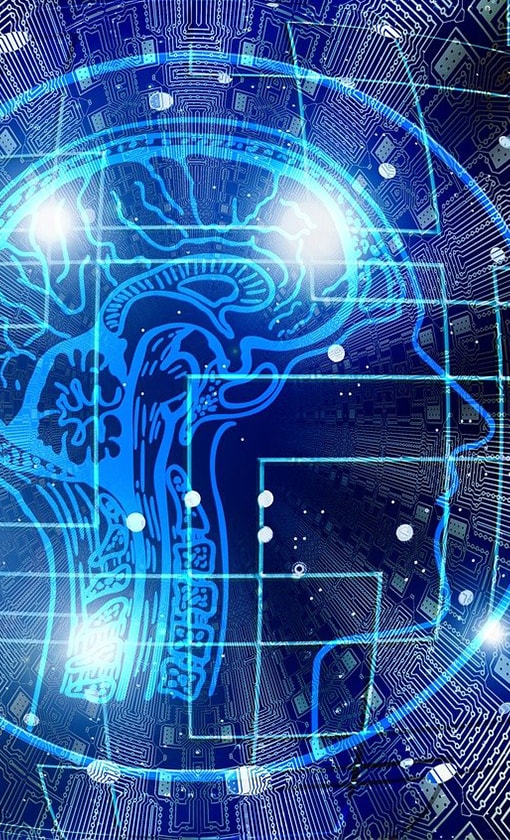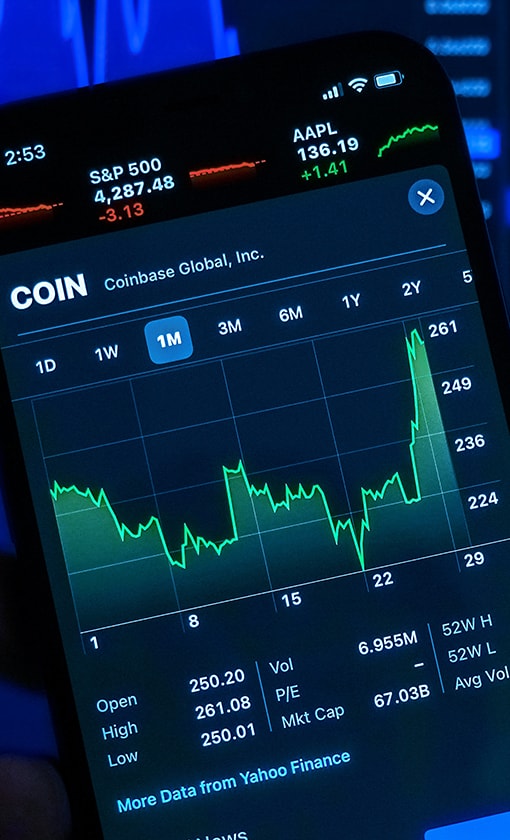News
Site Editor
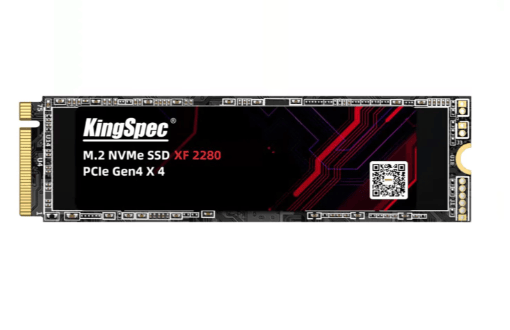 Site
https://kingspec.usa02.wondercdn.com/uploads/image/6307135a29359.png
To assist you to decide which SSD is best for you, we'll make a comparison between SATA and PCIe SSDs in this article.
Site
https://kingspec.usa02.wondercdn.com/uploads/image/6307135a29359.png
To assist you to decide which SSD is best for you, we'll make a comparison between SATA and PCIe SSDs in this article.
M.2 PCle SSDs vs SATA SSDs: Which Is Right For You?
Views: 13447
Author: Site Editor
Publish Time: 2023-04-26
Origin: Site
While M.2 PCIe SSDs do offer some technological advantages over SATA SSDs, it may not be necessary to make the switch.
Sure, the advantages offered by M.2 PCle SSDs make them a worthwhile investment, however, certain factors may make you consider choosing SATA SSDs instead of PCle SSDs.
To assist you to decide which SSD is best for you, we'll make a comparison between SATA and PCIe SSDs in this article.
What Are M.2 PCle SSDs?
Peripheral Component Interconnect Express (PCIe) is a newer and more dependable way of sending information to the motherboard. Although PCIe was originally designed for use with high-performance data-transfer devices like graphics cards, it has since been proven to benefit other types of storage media as well.
The price and popularity of M.2 PCIe SSDs are higher than those of SATA SSDs, but why is this? Is its success solely dependent on its performance? Most definitely.
The M.2 ("M dot two") and U.2 ("U dot two") form factors define the physical characteristics of an electronic device. Drives having SATA or PCIe interfaces are compatible with the M.2 and U.2 specifications.
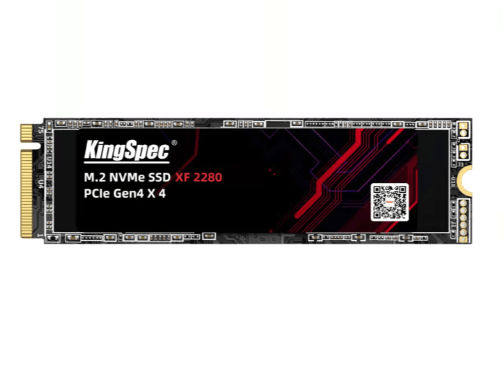
Advantages of M.2 PCIe SSDs
Transfer speeds of up to 15.76GB/s are feasible with PCIe devices that support 1x, 4x, 8x, or 16x lanes. The theoretical throughput of a single lane of PCI Express 3.0 is 985 MB per second. It is further increased by a factor of two with PCI Express 4.0 to around 32GB/s and by a factor of four with PCI Express 5.0 to a staggering 64GB/s. That's light years ahead of even SATA solid-state drives.
Drawbacks of M.2 PCIe SSDs
M.2 PCIe SSDs typically harm battery life. Say you're just using a lot of resources, like when you're online or when you're composing a document in Google Docs or sending an email. Since these actions don't necessitate a great deal of data transmission, SATA and PCIe SSDs will perform equally.
However, M.2 PCIe SSDs will drain your battery faster if you often read and write data, as they require more power to do so.
What Are SATA SSDs?
SATA Solid-state drives use a communication mechanism called SATA (Serial ATA) to transfer data to and from your computer. It has had enough time to become one of the most widely utilized connection types since its creation in 2003.
Advantages of SATA SSDs
SATA solid-state SSDs have wider hardware support. Any modern desktop or laptop computer, or even one made as long ago as ten years ago, should be able to read and write to a SATA solid-state drive (SSD).
Prices for SATA solid-state drives tend to be lower as well. This is the most important factor to think about for the vast majority of home computer users. The truth is that the price difference between SATA and PCIe SSDs is substantial, almost as significant as the price difference between SSDs and HDDs.
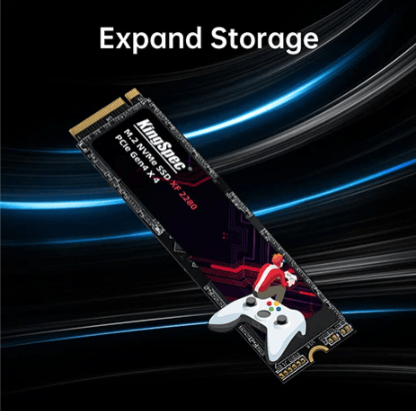
Drawbacks of SATA SSDs
SATA solid-state drives have inferior performance to other types. SATA 3.0 SSDs were the most popular option, and they have the potential to transfer data at a rate of 6Gb/s (750MB/s). Due to the physical overhead needed in encoding the data for transport, the actual transfer speed is closer to 4.8Gb/s (600MB/s), even though the theoretical transfer rate is 6Gb/s (1Gb/s).
Final Verdict–M.2 PCle SSDs vs SATA SSDs: Which Is Right For You?
When picking between PCIe and SATA SSDs, there are two primary factors to think about. Both are incentives, but the first is monetary while the second is based on performance. If cost-cutting is a priority, go for SATA. If you need the fastest possible data transfer rates and regularly send large files, PCIe is the way to go. Both are optimized for use with M.2 modules.
If you're looking for highly efficient PCle SSDs and SATA SSDs, purchasing from KingSpec is the best decision you can make. Our satisfied customers give 5-star ratings to our products. Click here to view our SSDs now.












